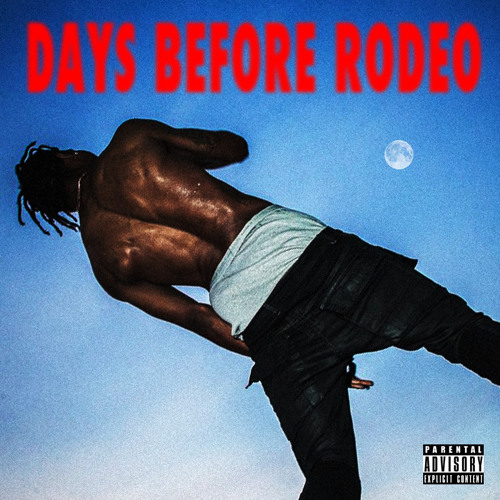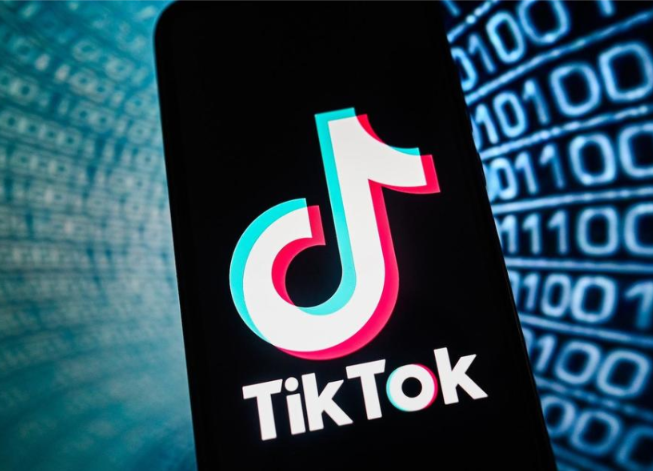
Like many of those who are considering majoring in the humanities, the arrival of ChatGPT and other AI chatbots was threatening, scary, and more than a little overwhelming to me. I grew up repeatedly hearing that majoring in English or other humanities degrees was an impractical choice, and it sometimes felt as though I was destined to be a poor, struggling artist who would eventually have to pursue a soul-sucking corporate job in the name of practicality. (No offense to office workers, but considering the fact that 57% of Gen Z these days want to become social media influencers, I think this point of view is hardly surprising.) Around a year later, AI is clearly here to stay, and it is time to grapple with the question that has been on the outskirts of everyone’s mind: are good readers and writers still necessary?
ChatGPT is still in a developmental phase but has already changed the way people write in academic and workplace settings. As soon as it was introduced, teachers began struggling to combat plagiarism as students found ways to avoid writing essays and other writing based assignments. When it became clear that AI wasn’t going anywhere, some chose to embrace it. Corporate America immediately saw the benefit of AI, using it to generate everything from marketing ideas to emails between coworkers.
With all this hubbub about AI, there are questions about the necessity of writers. It is no secret that journalism is dying: American trust in the media is at an all time low, and journalism is a notoriously tough field to maintain a career. Print journalism has been on the way out for years (and according to who you ask, it may already be out). The fact that Writers Guild of America recently had to strike over the past summer, not only over pay but also over the use of AI in the writers room, highlights that studio heads apparently perceive writers to be unnecessary. And books, though there will always be people who actively seek them out, may be the next pillar to fall.
People are reading books less now than ever: a Gallup poll in 2021 revealed that the average adult reads 12.6 books per year, the smallest number recorded since 1990 when the poll began. As print publishing struggles to stay afloat, many of the publishing houses have consolidated, leaving the “big five” (Penguin Random House, Hachette, HarperCollins, Macmillan, and Simon & Schuester) in control. According to the American Public Media research lab, more than half of Americans between 16 and 24 read below the equivalent of a sixth-grade level.
The pandemic didn’t help matters: a group of researchers from institutions including Harvard, Stanford, Johns Hopkins, and Dartmouth created the Education Recovery Scorecard project, which estimated that by the spring of 2022, students were lagging behind one-third of a year in reading. A “return to normal” has meant that students have stopped losing ground, but they are not catching up either.
Most people can agree that in principle, reading is important and necessary. Why else would there be uproars in New York and California about the fact that kids can’t read as well as they used to? It seems that most people can unite around the idea that people should at the very least know how to read, that they should have fun doing it, and that they should read often. This is in part because reading improves cognitive function, which has a positive effect on language processing skills and writing ability. One study found that reading makes a person live longer.
Nevertheless, students are realizing how easy it is to enter a prompt into an AI chatbot and have a completed assignment in their hands. People increasingly turn to their screens for entertainment or distraction, falling into the familiar rabbit hole of streaming, scrolling, binging, and DMing. While we do all of this, generative AI learns. It does more of the reading, and consequently, it learns how to do more of the writing. Meanwhile, whether they use AI themselves or not, a large percentage of college professors believe knowing how to use AI will be a professional necessity.
However, I maintain that readers, and by extension writers, are just as necessary now as they always were. What do many people do when they need to unwind? Put on a TV show, listen to some music, or read a story, whether a book or a blog. How about when they go out with friends or family? See a movie or a live performance. Society needs art to thrive. And if you think that AI can take the place of human creation, it is important to consider: AI takes from what it has access to, a pre-existing body of work. By using AI to write for us, we are only deriving stories and plotlines recycled from what has already existed. To make things worse, we may be taking from artists without credit.
All that said, technology will continue to advance, just like it has for the entirety of human existence. There is no point in trying to stop it, like other technological advances, AI is here with its advantages and disadvantages. And as with other technological advances, we must adapt to the tools at our disposal. My hope is that we continue to value the importance of reading and writing, but use AI to further human creativity and ingenuity. In this way we can keep moving forward, cautiously facing towards the future, but optimistic of the possibilities it holds.




















